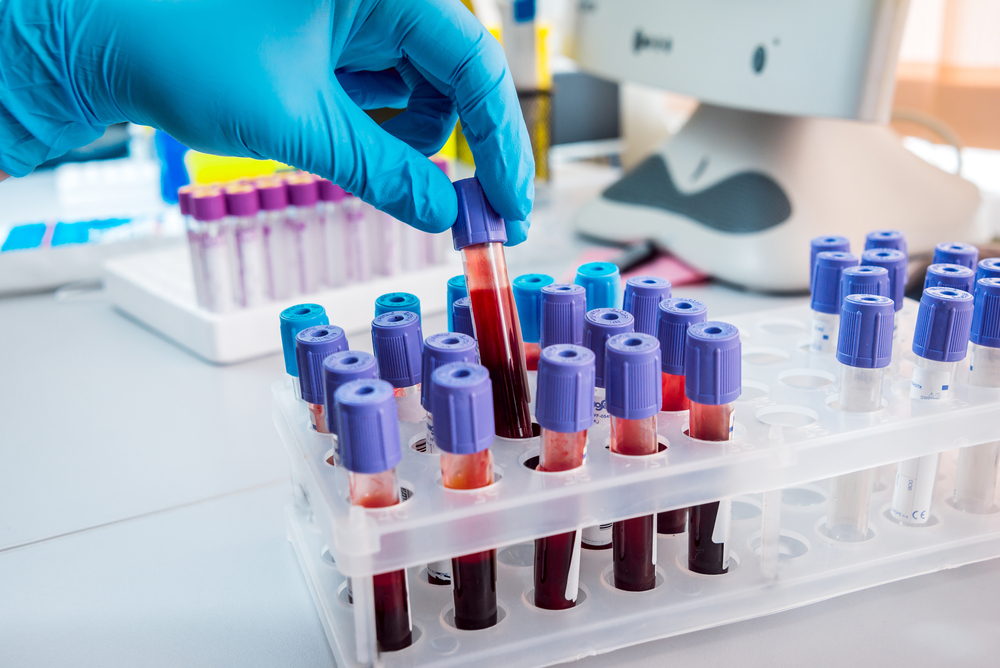Nuwiq Safe and Effective for Treating Patients with Severe Hemophilia A, Analysis Finds

The hemophilia A treatment Nuwiq (simoctocog alfa) is safe and effective for patients with severe disease, both when used on demand or as a preventative treatment, researchers determined in a recent report.
The researchers, who analyzed available data on Nuwuq, detailed their finding in the article, “Efficacy and safety of a recombinant factor VIII produced from a human cell line (simoctocog alfa).” It was published in Expert Opinion on Drug Safety.
Factor VIII is an essential blood-clotting protein encoded by the F8 gene. Defects in the gene cause hemophilia A, a condition characterized by excessive bleeding, sometimes even after minor injuries. Patients are treated with an infusion of factor VIII, obtained from human plasma (a component of blood) or a recombinant source (meaning it is produced using modified cells modified grown in a laboratory).
Patients’ bodies may produce inhibitory antibodies that destroy the recombinant factor VIII, and that can have a detrimental effect on their health. Many things can prompt inhibitory antibodies to develop, including the nature and severity of the factor VIII defect, or the origin of the factor VIII product.
Nuwiq, a recombinant factor VIII product derived from modified human embryonic kidney cells (HEK293F), has a high safety and efficacy profile. One reason is that HEK293F cells do not modify factor VIII, reducing its immunogenicity. (Immunogenicity is the ability of a substance to provoke an immune response.) In addition, HEK293F cells can grow in culture conditions without human or animal supplements, reducing the risk of contamination with materials that may trigger an antibody response.
Three clinical trials, conducted on 135 severe hemophilia A patients treated with other factor VIII products, led to Nuwiq being rated “good” or “excellent” for preventing bleeding. Data from those and other trials also failed to show inhibitory antibody development in more than 200 previously treated patients.
A Phase 3 clinical trial (NCT01992549) called NuProtect, testing Nuwiq’s safety, efficacy, and immunogenicity in previously untreated patients with severe hemophilia A is ongoing and is expected to end in 2018.
“The final results of this prospective trial are greatly awaited,” wrote Massimo Franchini, MD, of Carlo Poma Hospital in Mantova, Italy, and Pier Mannuccio Mannucci, MD, of Angelo Bianchi Bonomi Hemophilia and Thrombosis Center at the University of Milan.
Preliminary trial data suggest the incidence of inhibitory antibodies against factor VIII is one of the lowest ever recorded, they wrote.
“The final results from the (previously treated patient) studies and the preliminary data from the (previously untreated patient) study document the high efficacy and safety profile of this (recombinant factor VIII) product,” the authors wrote.





